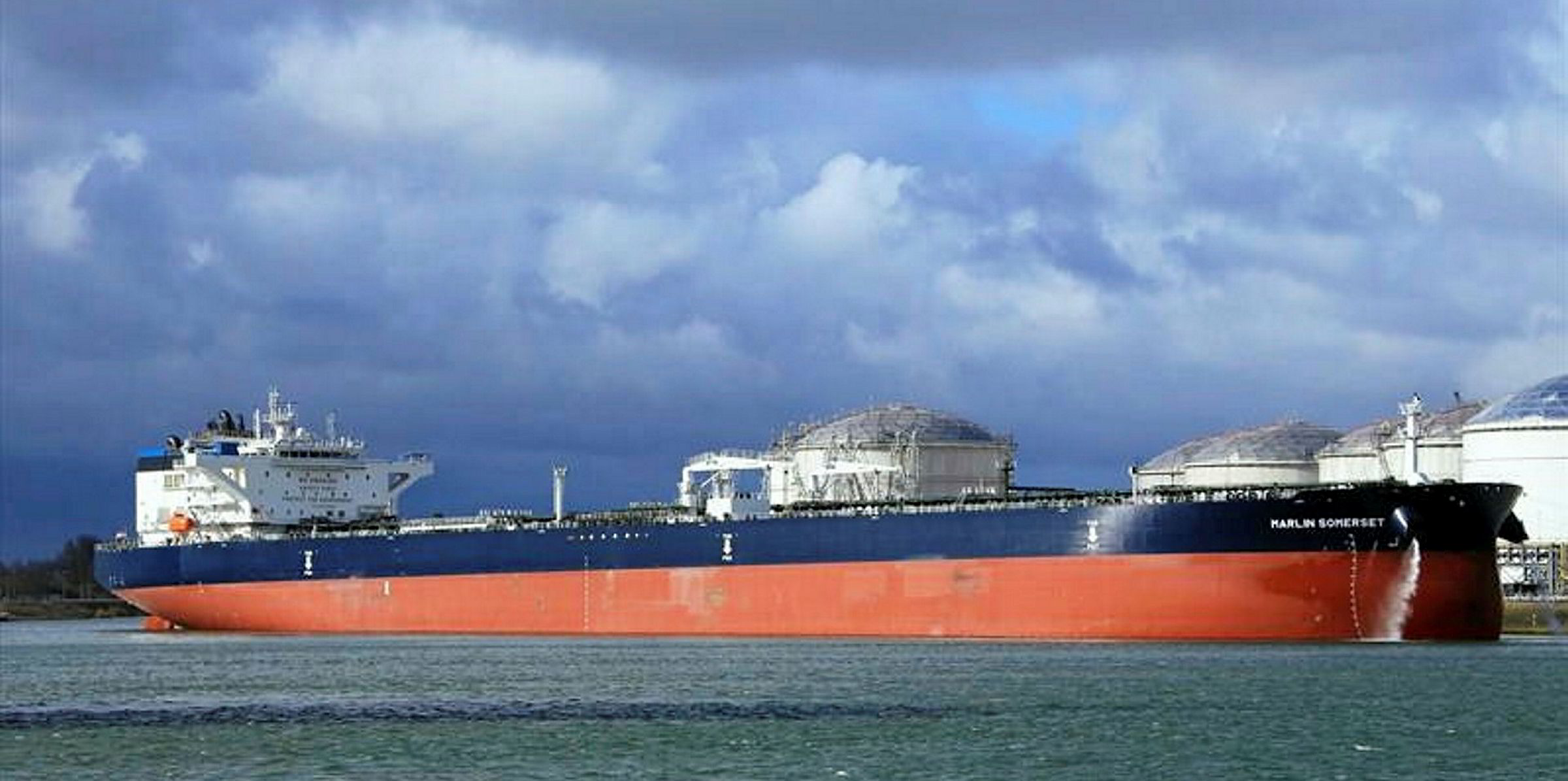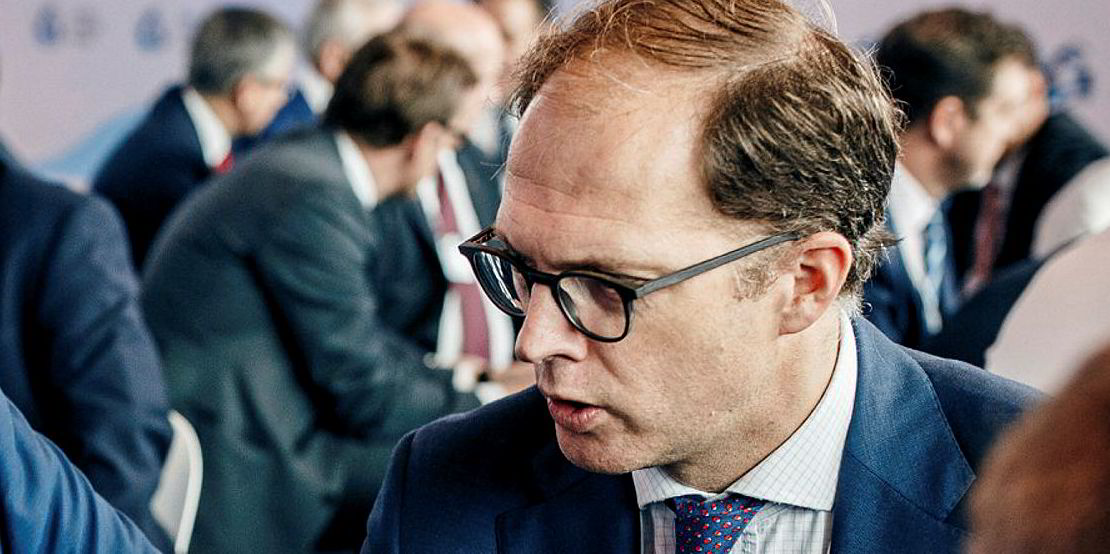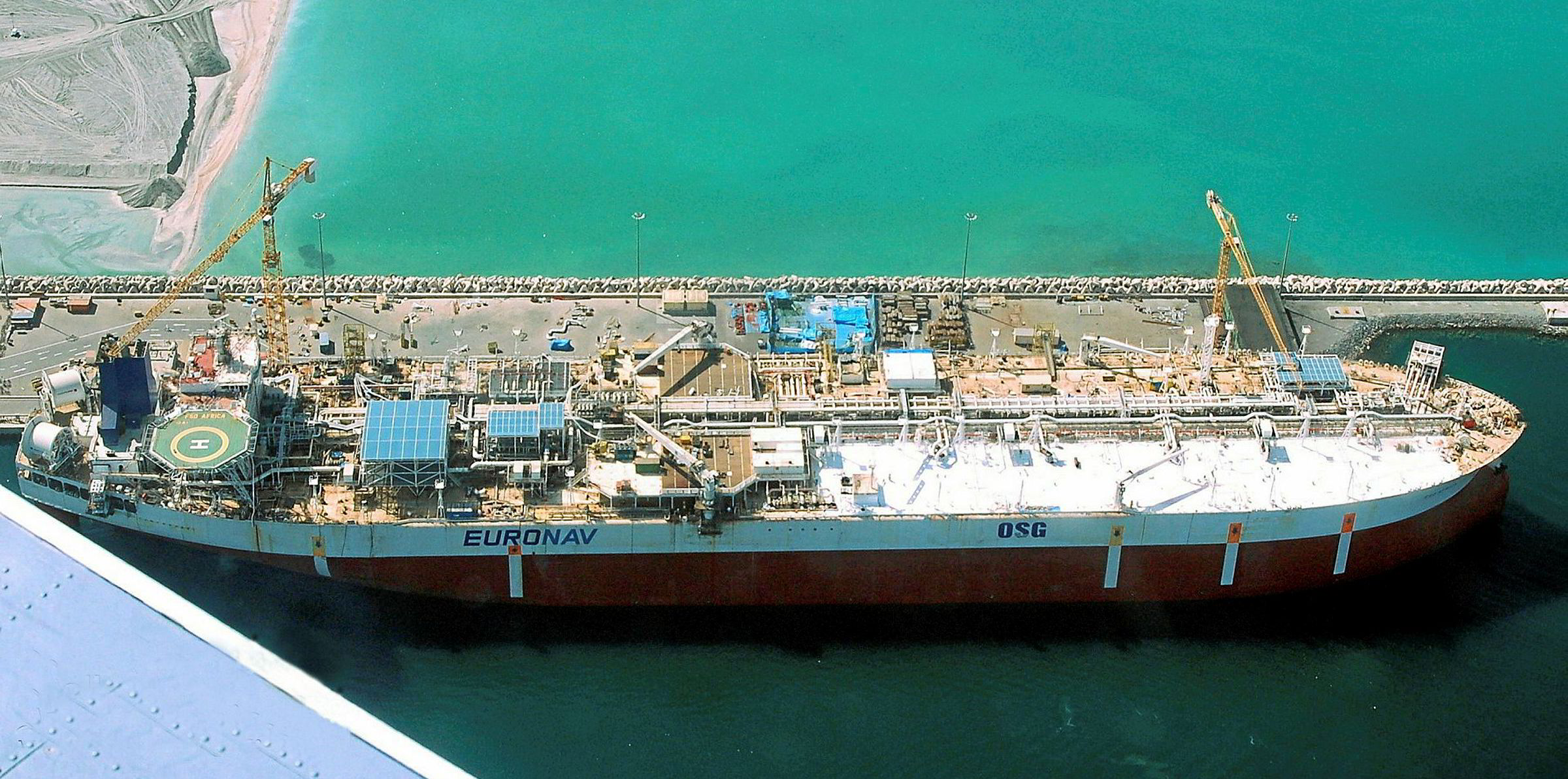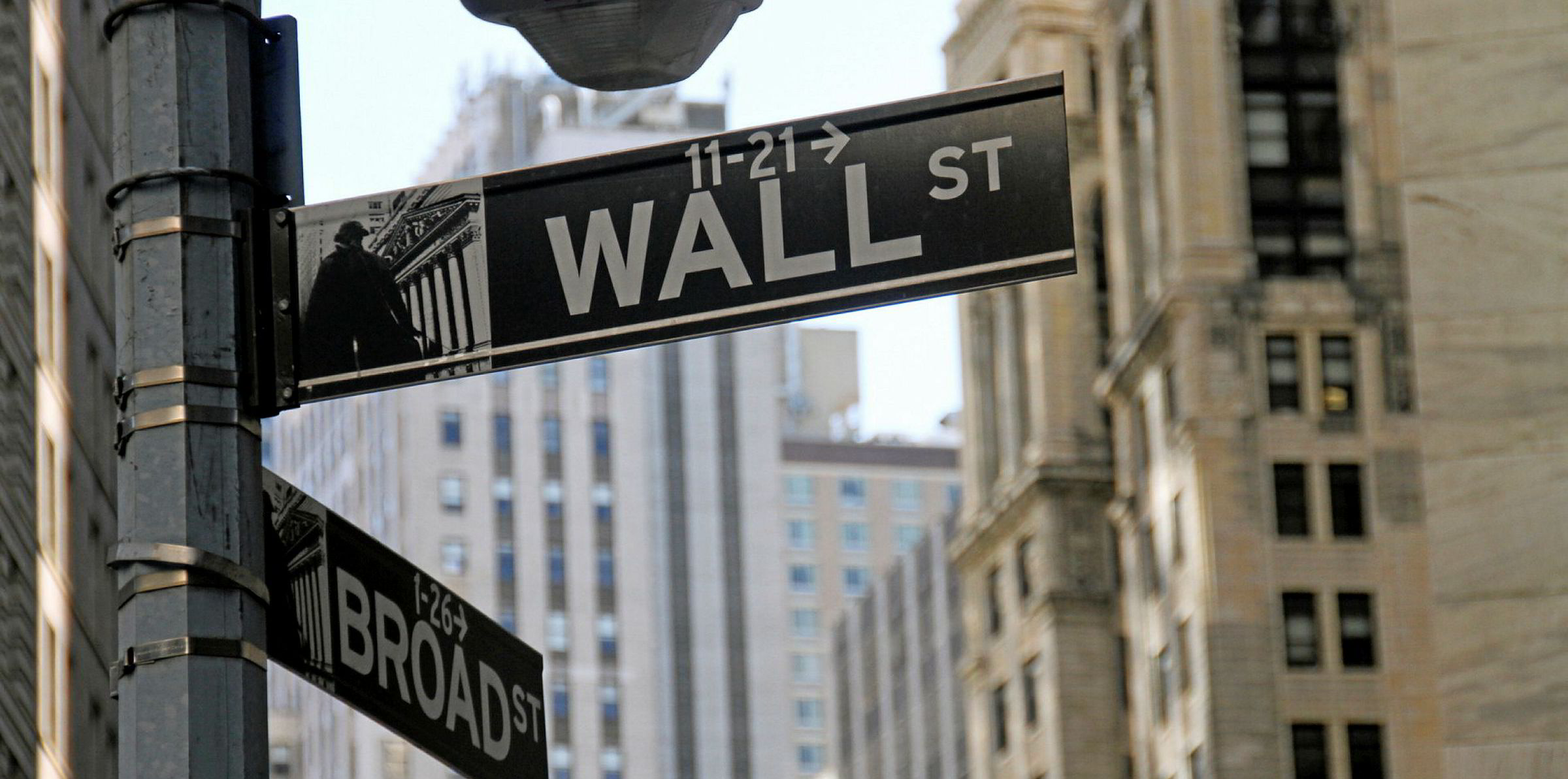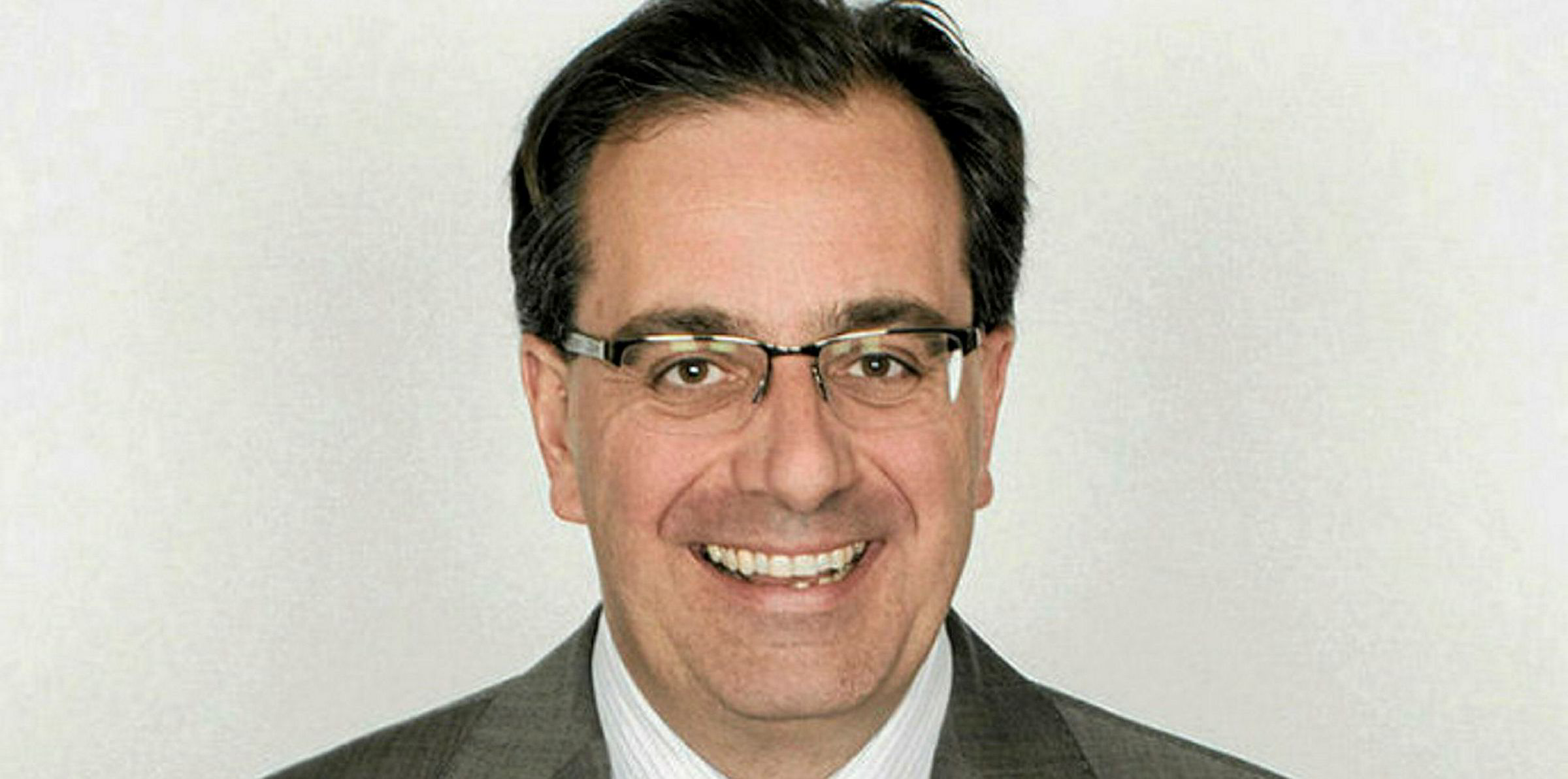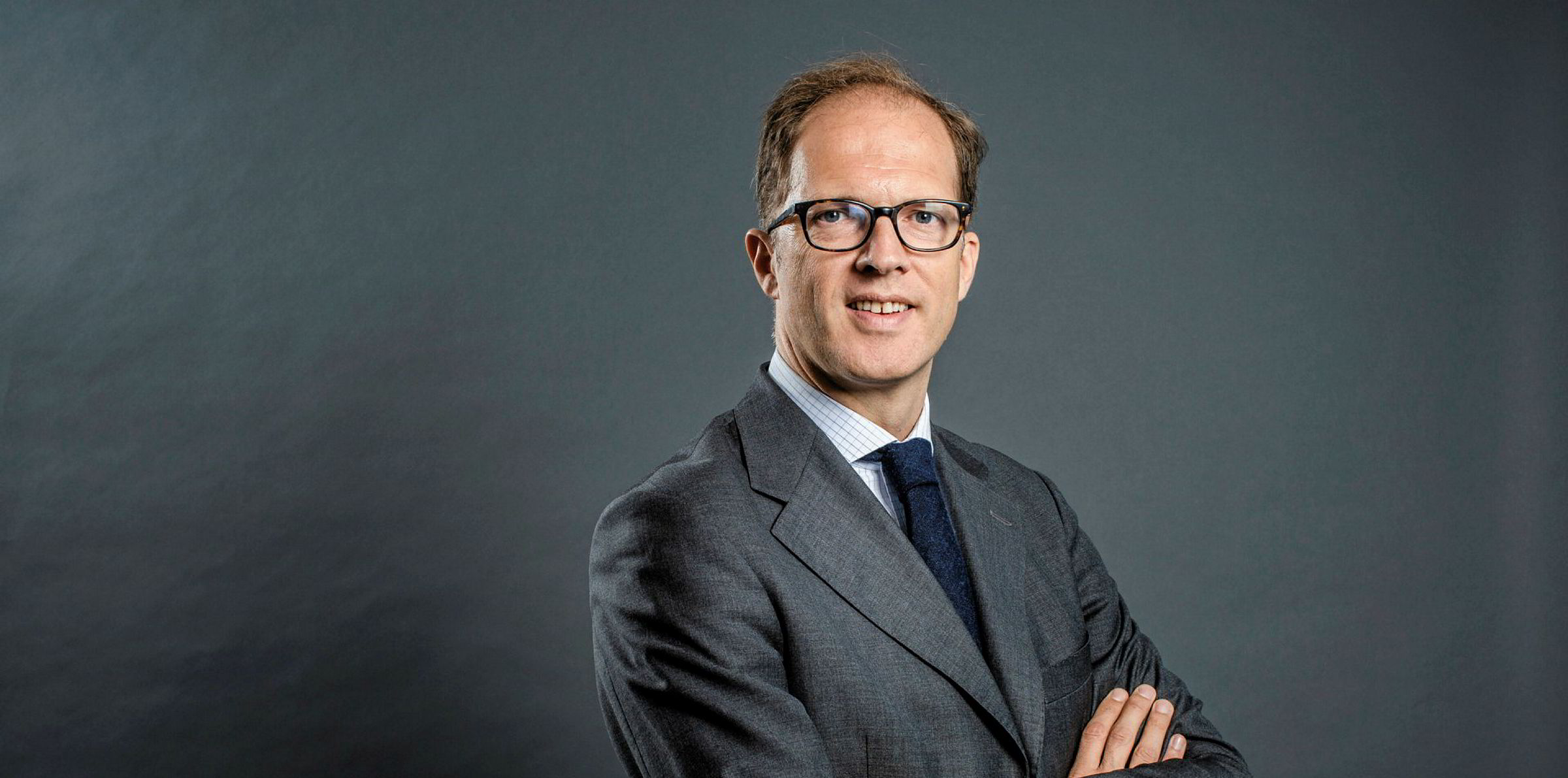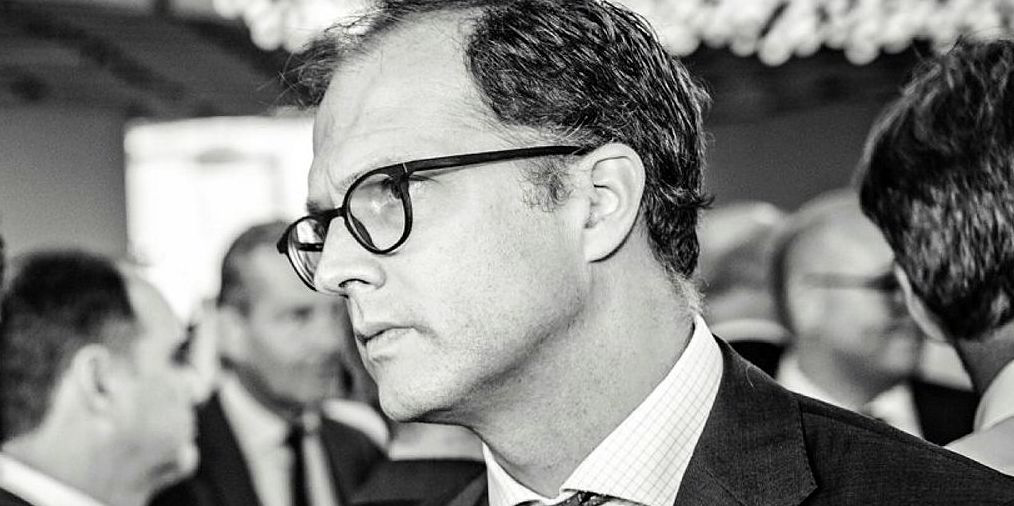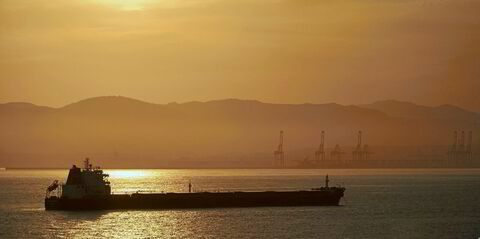As one of the world’s largest crude tanker owners, Euronav seldom charters vessels from other companies.
But the New York-listed company confirmed it had fixed the 157,000-dwt Marlin Sardinia and Marlin Somerset (both built 2019) from Trafigura on two-year charters, which can be extended by another year.
The deals, as TradeWinds reported in October, were fetched at $25,000 per day.
Chief executive Hugo De Stoop admitted the charters were “probably outside of the natural way you would find with Euronav”.
“But I think we are living through exceptional times,” he said in an earnings call on Thursday.
This is the first time the Belgian tanker giant has chartered in vessels since 2015.
Euronav said the deals can help enhance its existing strategic relationship with Trafigura, one of the world’s largest trading houses and tanker charterers.
Closer to Trafigura
“We want to develop relationships with people who [have] access to as much cargo as possible,” De Stoop said.
“The trader is a very important player in the oil market ... They’re obviously sitting on a large volume of crude oil.
“In a challenging market, it’s very important to have access to the cargoes. Because [otherwise] you can waste lots of money by sitting idled and not finding any cargoes.”
De Stoop suggested Euronav would have an easier time discussing future shipping business with Trafigura due to the deals: “Obviously, it’s easier ... when you have spoken to them on a regular basis.”
Profitable business
But he stressed that Euronav also believes it will profit from the charters, which were fetched in the down cycle.
“If we are not convinced from an economic perspective, then you can forget about the strategy. Because the strategy is to make money first and foremost,” he said.
He added that the company is seeking to maintain its exposure to the suezmax segment, which tends to outperform VLCCs during market downturns.
The company sold three suezmaxes built between 2001 and 2005 earlier this year.
According to De Stoop, Euronav does not want to place newbuilding orders and has yet to find good targets in the secondhand market due to uncertainty over future decarbonisation rules, so his company managed to take advantage of “the opportunities to charter two super modern vessels built one year ago”.
Constructed by New Times Shipbuilding, both vessels are fitted with scrubbers.
De Stoop calculated that they can earn $17,000 to $18,000 per day in the current weak market versus the general average of $10,000 per day for normal ships.
“They are of super eco type. There are charterers who want to use them, so we thought it was a very good deal,” he said.
“It was very important to have some sort of longevity, so [the deal] was for two years plus one-year option.”
Weak market
The tanker market going into winter has been unusually weak due to Opec+ production cuts, slow demand recovery amid the coronavirus pandemic and increasing vessel supply, some market players said.
Alphatanker estimated the amount of oil stored at sea has fallen from 330m barrels in late May to 227m currently, releasing large tonnage back into spot trading.
But De Stoop said his company is “very pleased” that one of its ULCCs for storage use recently secured an extension in the charter market.
Glencore had fixed the 441,600-dwt Europe (built 2002) at $37,000 per day on a six-month charter expiring last month. The deal was extended for six months at the same rate.
With signs of demand recovery in Asia, De Stoop expects to see “marginal increases” in spot rates in the coming weeks.
“We don’t believe it’s going to be extraordinary. But simply by seasonal effects, we should improve from where it is today,” he said.
Future trend
If Democratic challenger Joe Biden wins the presidential election but the Republicans hold on to the Senate and the two parties share power, Democrats are not expected to push through some aggressive measures in cutting greenhouse gas emissions that they have proposed.
This would allow tanker owners more time to prepare for decarbonisation in shipping, De Stoop believes.
“We are not expecting something radical in terms of clean-energy programmes,” he said.
“If it’s evolutionary rather than revolutionary, I think we are always in a good place to adapt to that.”
The International Maritime Organization has a long-term target to reduce emissions from shipping and is due to introduce new regulations on decarbonisation from 2023.
Euronav participated in drafting the Sea Cargo Charter, launched by Shell, Cargill and 15 other dry and wet cargo trading companies and ship operators in October.
Based on the Sea Cargo framework, shipowners would share fuel and tonnage data with charterers, which in turn would publish annual CO2 emissions data benchmarked against the IMO’s target.
But De Stoop admitted that shipowners need time to develop commercially feasible low-emission ships.
Vessels powered by low-carbon fuels such as hydrogen or ammonia are generally not expected to hit the market by 2030. Researchers suggest that LNG-powered vessels — seen by some as an interim solution — could have methane leakage issues.
“There is some sort of confusion out there,” De Stoop observed.
